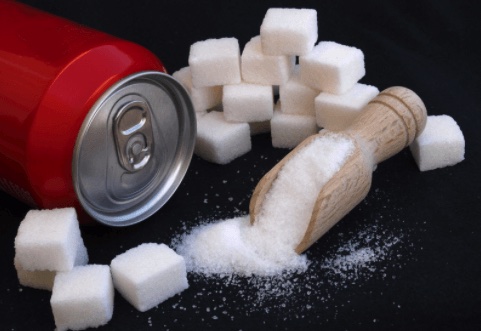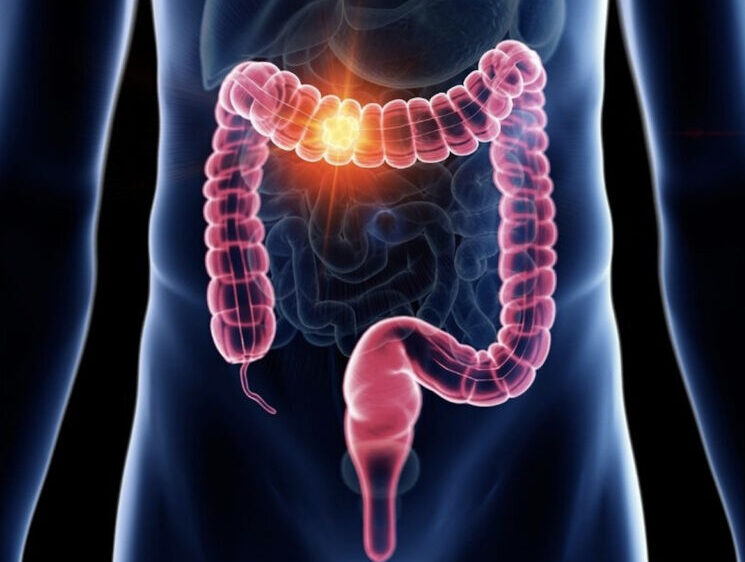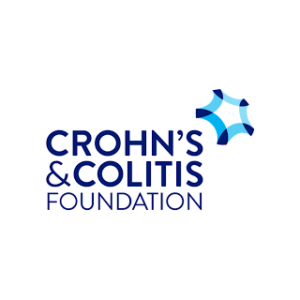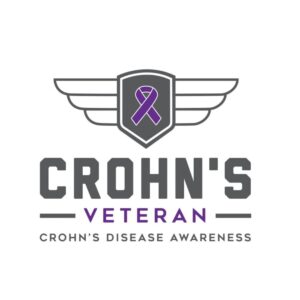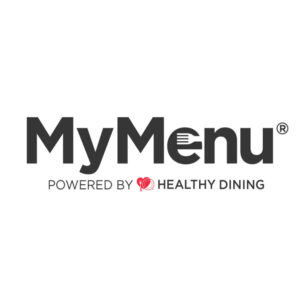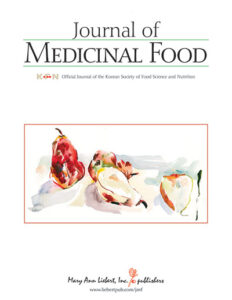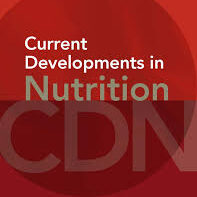Is Alcohol Good for Crohn’s Disease and Ulcerative Colitis?
Danielle Gaffen, MS, RDN, LD
- Last Updated
Do you commonly wonder, “is alcohol good for Crohn’s disease and ulcerative colitis?” Learn what the research says, and the differences in alcohol choices for IBD.
You may have heard the recommendation during a Crohn’s disease or ulcerative colitis (UC) flare to decrease alcohol consumption. But have you ever wondered where that recommendation came from? This blog takes a deep dive to answer the question: can you drink alcohol with IBD?
Can alcohol cause Crohn’s disease or ulcerative colitis?
Evidence linking alcohol consumption and the development of new-onset IBD is controversial and still remains unclear.
Many of the claims are based on the idea that alcohol may negatively change the gut microbiome and contribute to intestinal inflammation. This has been observed in patients with alcohol abuse disorder who had similar microbiome compositions to people with IBD.
Additionally, negative changes in the gut microbiome due to alcohol abuse is known to provide opportunities for “bad” (pathogenic) bacteria, such as C. diff (Clostridioides difficile), to take over.
While there’s no clear evidence that alcohol consumption is causally associated with the risk for IBD, early alcohol use may be linked to developing Crohn’s disease and ulcerative colitis disease later in life.
What does alcohol do to Crohn’s disease or ulcerative colitis?
A few research studies have looked at alcohol use among people with Crohn’s disease and investigated the effect on symptoms:
- A 2010 study in Alcohol found that drinking alcohol may worsen IBD symptoms. However, it only looked at 52 participants who had Crohn’s disease, 38 people who had UC, and relied on responses to a questionnaire.
- A 2018 review of 12 research studies published in Annals of Gastroenterology investigated the effects of alcohol on people with IBD. Most of the studies concluded that alcohol consumption worsens Crohn’s and UC.
- Another study published in 2018 in Journal of Leukocyte Biology found similar effects, suggesting that alcohol increases infection risk in people with IBD.
- Finally, a 2018 study published in the Journal of Gastroenterology found that people with IBD who drank alcohol were more likely to report increased symptoms.
Can alcohol cause a Crohn’s disease or ulcerative colitis flare up?
Alcohol causes most people with IBD to experience worse symptoms. Side effects of even moderate alcohol consumption may include:
- gut irritation
- diarrhea
- bleeding.
Because of this, the typical medical advice is to avoid drinking alcohol during a flare.
However, tolerances to foods and beverages are unique in Crohn’s disease and ulcerative colitis. This means that some people with IBD can enjoy moderate amounts of alcohol without experiencing adverse side effects. But some people with IBD, like my husband with Crohn’s disease, may not be able to tolerate any alcohol without experiencing severe reactions.
What alcohol can you drink with IBD?
While alcohol is a common IBD trigger, different people with Crohn’s disease and ulcerative colitis react differently to different triggers.
There are two things to keep in mind when determining tolerance for alcohol:
- type of alcohol
- portion size
People with Crohn’s disease and ulcerative colitis can react differently to different types of alcohol. For example, hard liquor like vodka may be tolerated by one person with ulcerative colitis, while beer is a strong trigger for symptoms. Yet another person with UC may experience the opposite!
Some people with IBD may not be able to tolerate any alcohol. My husband with Crohn’s disease has tried all different types of alcohol and has not been able to tolerate any type.
Research About Different Types of Alcohol and IBD
A 2007 study examined the effects of five alcoholic beverages on 32 participants (20 of whom had Crohn’s disease) to see which drinks caused the most symptoms. Here are the beverages used in the study:
- white wine
- red wine
- Elephant beer (a particular brand of beer)
- Smirnoff Ice (a flavored malt beverage)
- pure alcohol
Out of the five drinks, the Smirnoff Ice and beer caused abdominal pain in a significant number of people with Crohn’s. The researchers attributed this to the higher sugar concentrations, which can trigger symptoms like diarrhea in people with IBD.
A study published in 2011 examined what would happen in 21 participants with IBD who drank moderate amounts of red wine during a period of IBD remission. The researchers found that wine may lead to increased permeability in the lining of the intestines, also known as leaky gut, which could lead to future Crohn’s disease and UC flare-ups.
Alcohol and IBD Medication
Alcohol may also interact with the certain Crohn’s disease or ulcerative colitis medication you’re taking. Some of the possible interactions include:
- delaying the breakdown of medications
- accelerate the metabolism of medications
- cause liver damage
Here are some categories of IBD medications that react badly with alcohol:
- Immunosuppressants
- 5-aminosalicates
- Biologics
- Antibiotics
Make sure to check the labels of any medications you’re taking to make sure it’s safe to drink alcohol while taking them. If you are unsure, it’s always best to ask your healthcare professional!
What can you drink with Crohn’s disease or ulcerative colitis?
Not all foods affect people with IBD in the same way. If you have Crohn’s disease or UC, take the time to use a symptom food journal to identify the drinks that make the symptoms worse or trigger flare ups.
Keep in mind that fancy drinks and cocktails may have other ingredients inside that may trigger symptoms. For example, milk-based drinks like eggnog may be problematic for people who are lactose intolerant. Alternatively, caffeine found in drinks like Jäger bombs could trigger symptoms.
If you can’t tolerate any type of alcohol or are choosing to limit alcohol consumption during a flare, consider enjoying a non-alcoholic mocktail, like this virgin passionfruit mojito mocktail.
The Verdict: Is Alcohol Good for Crohn’s Disease?
During times when you’re flaring, like when you have diarrhea and abdominal pain, alcoholic drinks are not recommended. It may be okay to enjoy alcohol in moderation if you do not have symptoms and your inflammation is low.
If you do take part in drinking alcohol, you may want to keep a symptom journal of how you are feeling after doing so. If your IBD symptoms worsen, it may be best to eliminate alcohol from regular daily living.
Speak to your dietitian, doctor, and/or healthcare provider if you have any questions or concerns alcohol consumption and your IBD.
Looking to learn more about nutrition for IBD? Check out this blog on the role of omega-3s in IBD management.

